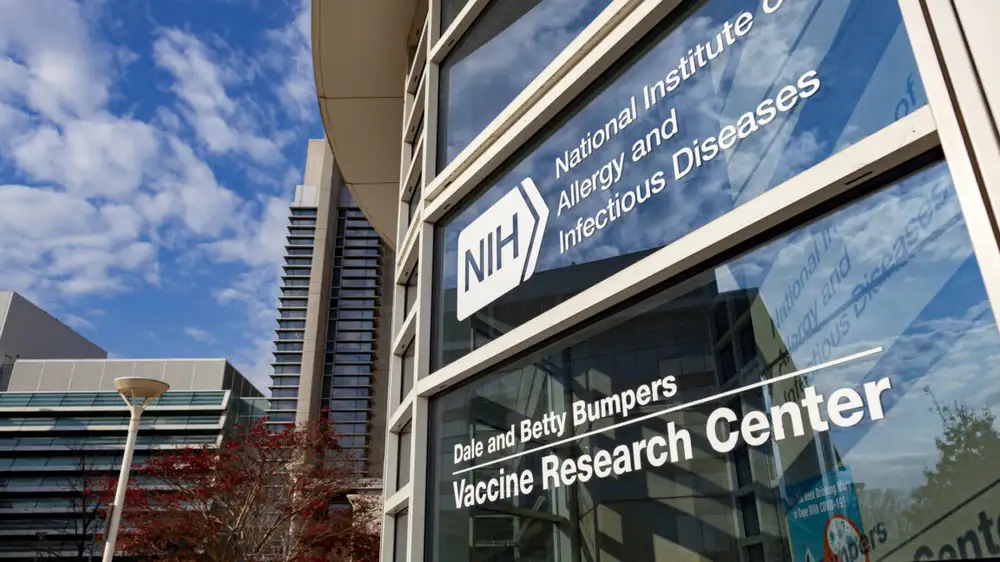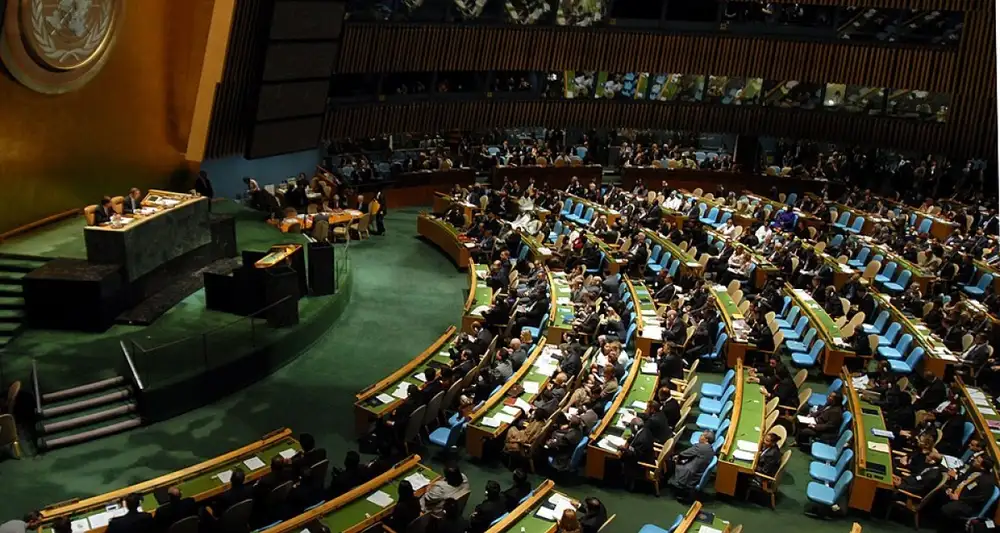The Trump administration has locked horns with a federal judge who ruled on Monday that more than $1 billion in DEI-fueled cuts to federal health research clearly discriminated against racial minorities and LGBTQ+ people.
In what The New York Times dubbed a “damning assessment” of Trump’s motives, Judge Williams G. Young ruled from the bench that the cuts were “void and illegal,” saying it was his “duty” to immediately order funding restored.
“I would be blind not to call it out,” Young said, declaring that in 40 years, he has “never seen government racial discrimination like this.”
“This represents racial discrimination and discrimination against America’s LGBTQ community,” he said. “That’s what this is.”
Back in March, Trump terminated what researchers estimate was more than $3 billion in grants. Some of those grants supported research into health equity, racial disparities, vaccine hesitancy, and maternal health in minority communities, the NYT noted. Soon after, a coalition of Democratic-led states, as well as a group representing researchers and unions, sued, warning that canceling grants “jeopardized scientific progress” and put vulnerable populations at risk.
At the trial, Young asked Justice Department lawyer Thomas Ports what justification Trump had for eliminating the congressionally-appropriated funding, particularly pushing back on claims that such funding is “often used to support unlawful discrimination,” Politico reported.
Ports apparently failed to persuade Young that “it is an improvement to eliminate” programs “based on gender identity” that he alleged are “often unscientific, have little identifiable return on investment, and do nothing to enhance the health of many Americans. Many such studies ignore rather than seriously examine biological realities.”
“Where’s the support for that?” Young asked. “I see no evidence of that.”
Meanwhile, a lawyer representing one of the plaintiffs suing to block the grants, Kenneth Parreno, seemingly successfully argued that canceling grants related to race or transgender health were part of “a slapdash, harried effort to rubber stamp an ideological purge.” At the trial, Young noted that much of the information about the grant cancellations was only available due to the independent efforts of academics behind a project called Grant Watch, which was launched to crowdsource the monumental task of tracking the cuts.
According to Young, he felt “hesitant to draw this conclusion” but ultimately had “an unflinching obligation to draw it.”
Rebuking the cuts and ordering hundreds of grants restored, Young said “it is palpably clear that these directives and the set of terminated grants here also are designed to frustrate, to stop, research that may bear on the health—we’re talking about health here, the health of Americans, of our LGBTQ community. That’s appalling."
“You are bearing down on people of color because of their color,” Young said. “The Constitution will not permit that… Have we fallen so low? Have we no shame?”
Young also signaled that he may restore even more grants, noting that the DOJ “made virtually no effort to push back on claims that the cuts were discriminatory,” Politico reported.
White House attacks judge
Andrew Nixon, a spokesperson for the Department of Health and Human Services, told NYT that in spite of the ruling, the agency “stands by its decision to end funding for research that prioritized ideological agendas.” He claimed HHS is exploring a potential appeal, which seems likely given the White House’s immediate attacks on Young’s ruling. Politico noted that Trump considers his executive orders to be “unreviewable by the courts” due to his supposedly “broad latitude to set priorities and pause funding for programs that no longer align.”
Politico said White House spokesperson Kush Desai “blasted” the ruling as biased while seemingly suggesting that any finding of discrimination would have been considered biased.
“It is appalling that a federal judge would use court proceedings to express his political views and preferences,” Desai said. “How is a judge going to deliver an impartial decision when he explicitly stated his biased opinion that the Administration’s retraction of illegal DEI funding is racist and anti-LGBTQ?”
Groups suing fear the fight isn’t over
As the White House mulls its appeal, groups suing celebrated the ruling, The Hill reported. Georges Benjamin, executive director of the American Public Health Association, told The Hill that “we’re certainly very pleased with the judge’s decision and actually the way he portrayed it as, you know, discrimination.
“I think that’s pure and simple, that the administration was trying to undermine the health and well-being of these populations,” Benjamin said.
Plaintiffs don't feel this fight is over yet, though. Benjamin told the Hill that he worries “the White House will find ways to circumvent the ruling.”
“Spigots have been turned back on, but this administration has tried to find ways to slow things down, kind of put barriers in the way of getting the dollars out the door,” Benjamin said. “Just watch what the administration does with their left hand when they’re doing something with their right. They’ve been pretty sneaky about trying to find ways to get around judges’ rules.”
Moving forward, Young told both sides that they could present evidence before he makes what NBC News suggested could be a “sweeping” ruling on “whether to reinstate grants beyond those awarded to the plaintiffs.”

 Shadowverse: Worlds Beyond referral code location & rewards
Shadowverse: Worlds Beyond referral code location & rewards